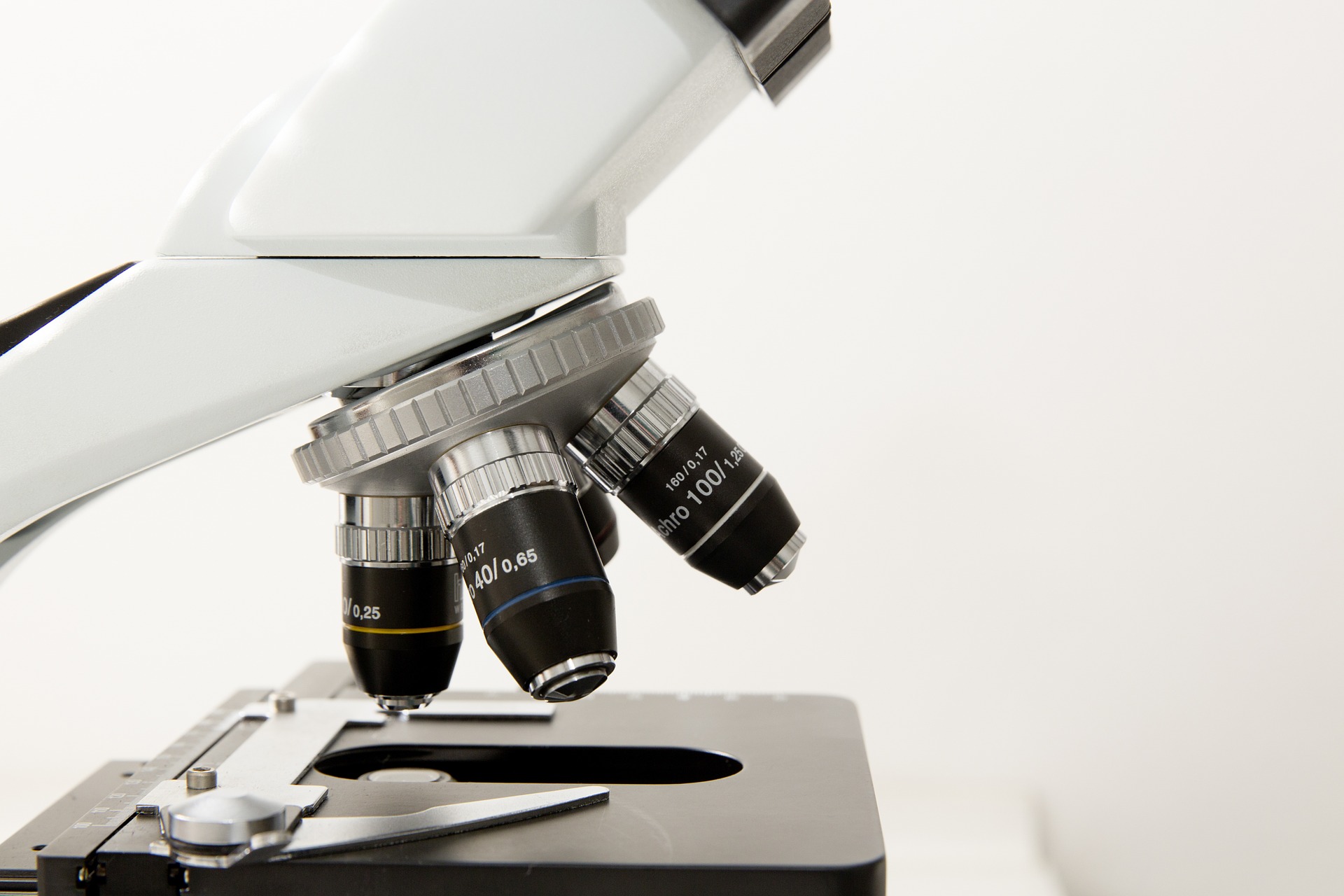Reasons for difficulties conceiving
There are a number of reasons why couples may struggle to conceive. Often it’s simply a question of time – some couples just take a little longer to get there – or improving your lifestyle by maintaining a healthy weight, stopping smoking or trying to reduce your stress levels. The majority of couples will conceive naturally within two years.
Find out how to boost your chances of getting pregnant on the NHS website
For the minority of couples who have a medical reason for being unable to conceive naturally, there are a number of potential causes. These include ovulation disorders, infections, low sperm counts and certain medications and treatments that impact your fertility.
Find out more about the causes of infertility on the NHS website







